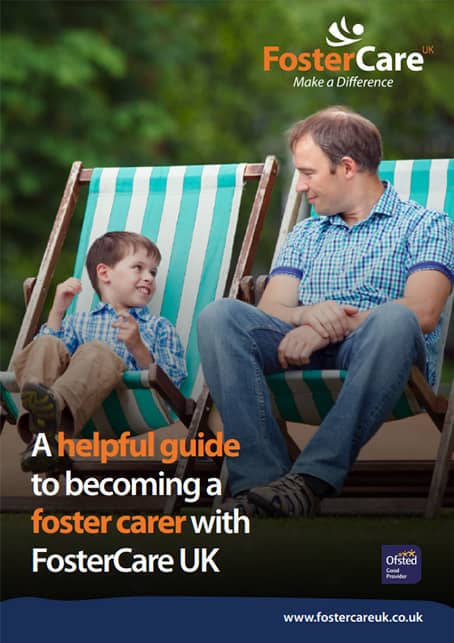


What happens when a child is taken into care?
Benefits of being a foster parent
What is a care leaver?
How to become a foster parent
How to foster a child
What are the foster care requirements
Can I choose who I foster?
Fostering with pets FAQ
How long does it take to become a foster parent?
What is the role of an independent fostering agency?
Fostering a disabled child
Tips for coping when foster placements end
Do foster carers pay tax?
What to expect in a fostering assessment
Common Fostering Challenges and Solutions
What disqualifies you from being a foster carer?
Muslim Fostering
Fostering as a single parent
Can you foster a child with a criminal record?
Can you work and foster?
Top 10 fostering myths
Can I foster if…?
Can I foster and rent?
LGBT Fostering: can I foster if I’m gay
Top transferable skills to become a foster carer
Can you foster with a mental health condition?
Christian Fostering
Sikh Fostering
Cultural Diversity in Foster Care
How to encourage foster children to read
Reasons for a child to be taken into care
Tips for coping with attachment disorders in Foster Children
Fostering vs Adoption
What happens when foster parents get divorced?
What is reunification in foster care?
How to deal with foster child bullying
A guide to the foster care handbook
Guide to fostering young children
Types of self-harm
A guide to fostering teenagers
What are the signs of depression in foster children?
When applying to become a foster carer, it’s important to understand the fostering requirements, and the disqualifications of becoming a foster carer. Often the question arises, “can I foster with a criminal record?” Find out everything you need to know about applying for foster care with a criminal record.
During the assessment process of becoming a foster carer, part of the assessment will determine if you have any previous criminal conditions which would directly affect your desire to foster. These types of criminal offences could be offences against children, violent offences or sexual offences – which would likely disqualify you from being able to foster children. Your past offences will be assessed in great detail to determine that the right decision is made regarding your eligibility as a foster carer.
However, having a criminal record itself does not necessarily mean you will be instantly disqualified from fostering. There are many variables to take account when considering fostering with a criminal record, such as the nature of the crime, the severity, how long ago the crime took place and what type of crime it was.
As part of the assessment process to become a foster carer, you will have a Disclosure and Barring Service (DBS) check. This is a check which will be conducted to determine if you have any offences or crimes you have committed which have led to having a criminal record. This check will be completed on anyone in your household who is over the age of 18.
If you are looking to foster with a criminal record, it’s best to explain this straight away at the beginning of the application process. The DBS check will reveal this information anyway, so if you let the assessors know from the get-go, they can understand how best to proceed with your application.
If you’re ready to start your career in foster care, learn more about our fostering recruitment process now. Alternatively, get in touch with a member of our expert team for more advise around fostering with a criminal record.
If you’ve got any questions or would like to find out more about fostering with Capstone, fill out the form below.
An experienced fostering advisor from your local area will then be in touch.

Start the conversation today. Our team of friendly advisors are on hand to answer any foster care questions you may have. We can offer you honest and practical advice that can help you decide if becoming a foster carer is the right path for you.


